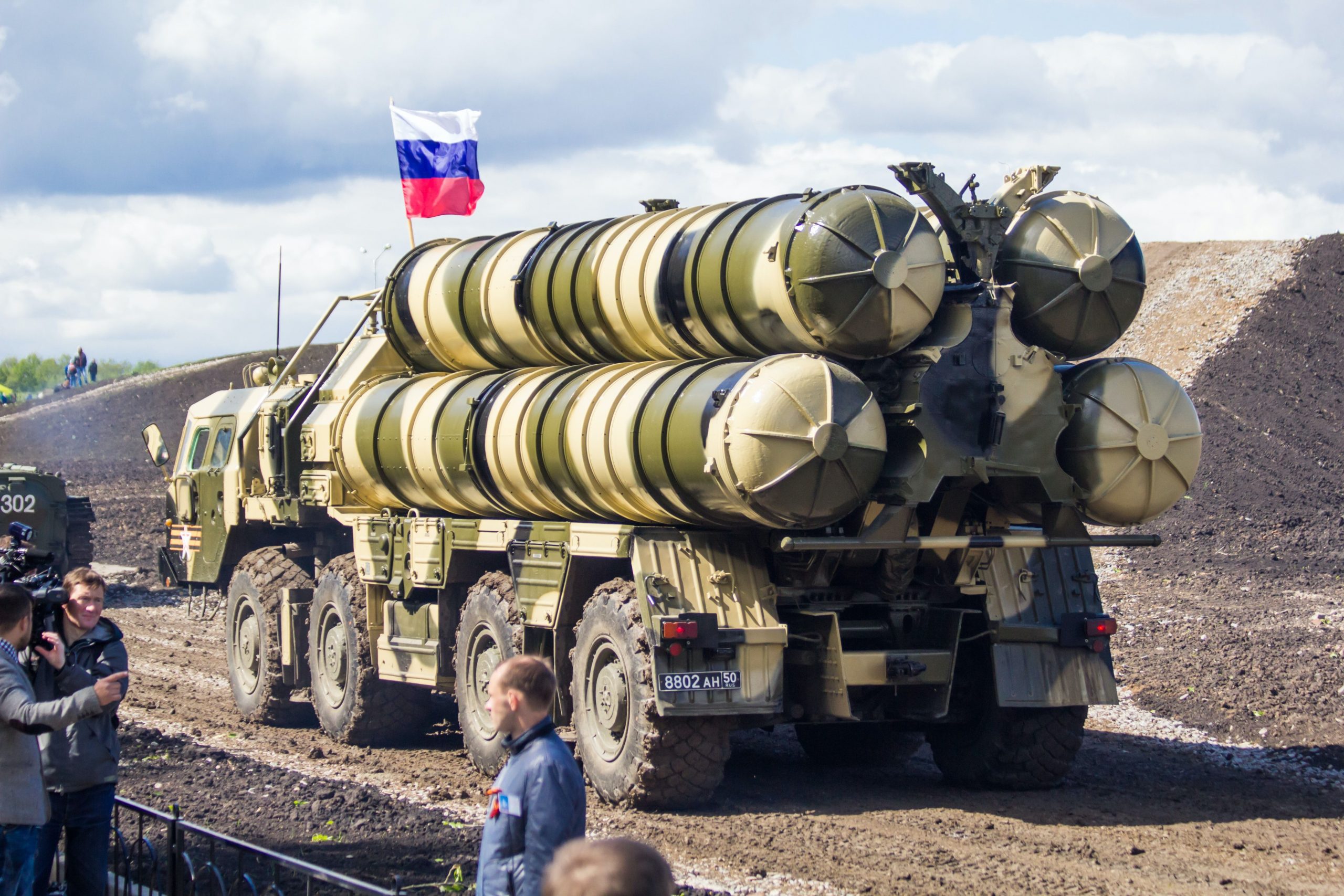The world’s nuclear arsenal is slated to grow for the first time since the Cold War, a leading think-tank on conflicts and armaments said on Monday, warning that the risk of the use of nuclear weapons today is the greatest it has been in decades.
According to the think-tank, the Stockholm International Peace Research Institute (SIPRI), the ongoing war between Russia and Ukraine has heightened anxieties among the world’s nine states that have nuclear armaments.
Also read | What Russia’s use of older equipment in Ukraine says of nation’s stockpile
According to SIPRI, while the global number of nuclear warheads dipped slightly, from 13,080 in January 2021 to 12,705 in January 2022, anxieties about the security situation in Europe, and in other parts of the world such as in the Indo-Pacific region, have led to the reversal of this trend.
“All of the nuclear-armed states are increasing or upgrading their arsenals and most are sharpening nuclear rhetoric and the role nuclear weapons play in their military strategies. This is a very worrying trend,” Wilfred Wan, Director of SIPRI’s Weapons of Mass Destruction Programme, was quoted as saying in the think-tank’s 2022 yearbook.
As it stands, Russia has the world’s biggest nuclear arsenal, with an estimated 5,977 warheads, some 550 missiles more than the the United States does. Of these, an estimated 3,732 warheads were deployed with naval vessels and aircraft, and alarmingly, 2,000 warheads, almost all of them belonging to the US or Russia, are kept in a state of high readiness.
Also read | Putin likens himself to Peter the Great, justifies Ukraine invasion
The think-tank also went on to say that while the global nuclear arsenal is currently concentrated in the hands of Russia and the US, China had ramped up nuclear expansion and was in the middle of establishing 300 new missile silos.
“Relations between the world’s great powers have deteriorated further at a time when humanity and the planet face an array of profound and pressing common challenges that can only be addressed by international cooperation,” SIPRI board chairman and former Swedish Prime Minister Stefan Lofven warned.







